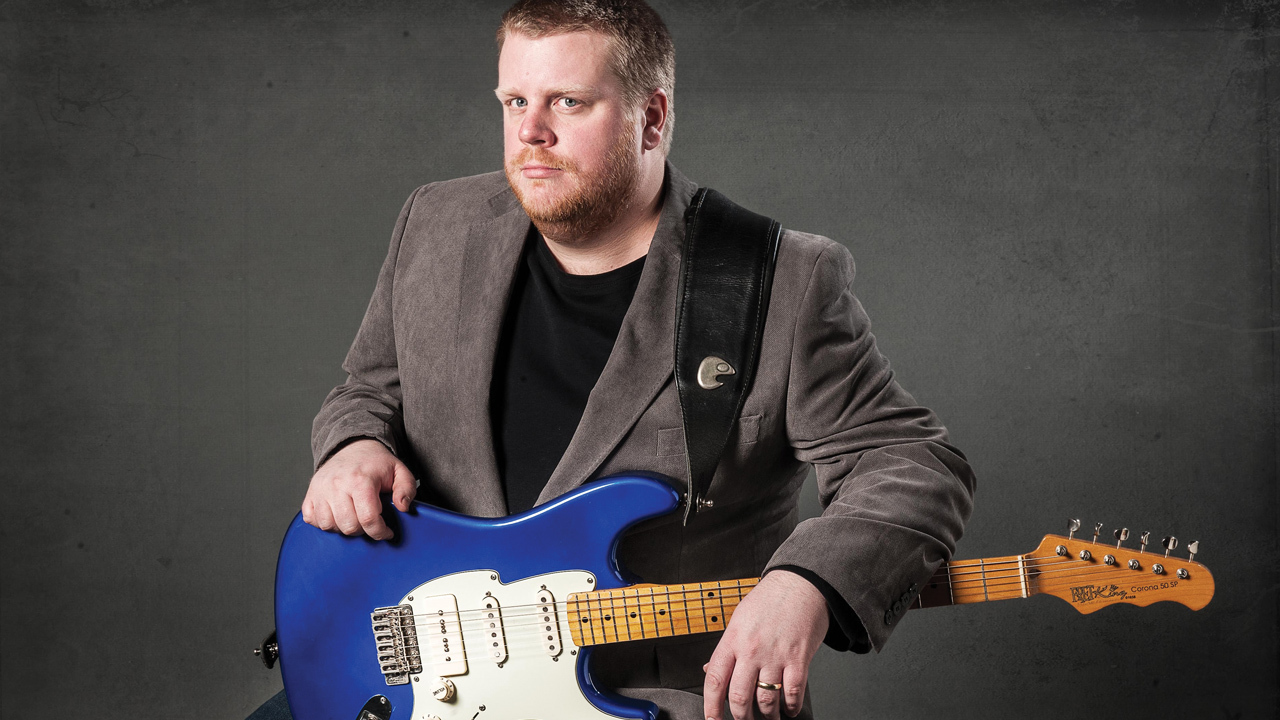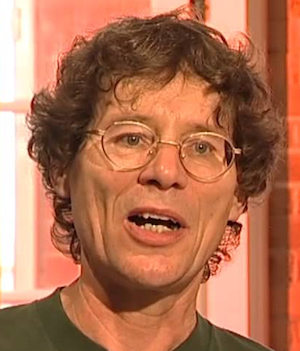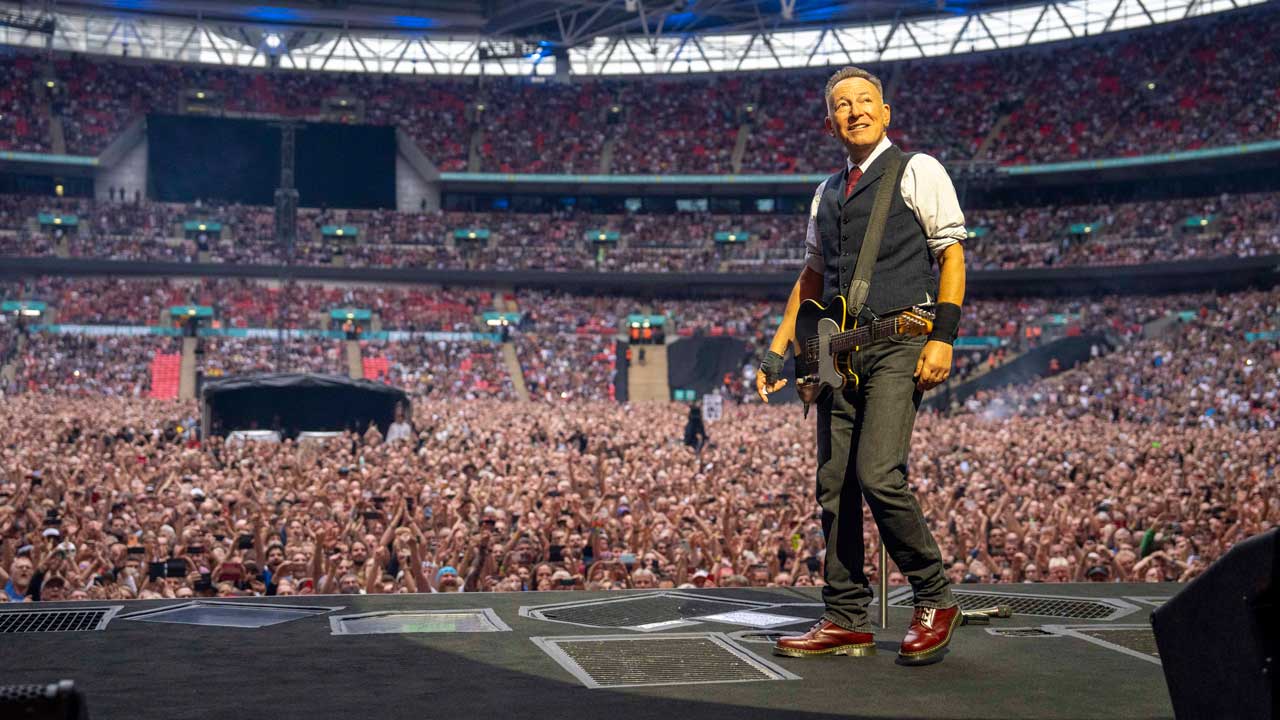You can trust Louder
In retrospect, Danny Bryant’s 2012 live album Night Life drew a line under the first decade of his career, and the three albums he has made with producer Richard Hammerton since then, including this latest, have been something of an experiment in how to present his brand of blues.
Their relationship is intriguing: Hammerton isn’t a bluesman, and production doesn’t feature at the top of his CV either. But he’s a music man through and through, a veteran of the Norwich scene, and he has a lively, inquiring mind. This is probably what appeals to Bryant, who doesn’t need to be challenged on the blues but is open to suggestions on how to portray himself in the studio. The result of their invigorating partnership has been to broaden Bryant’s songs, although his hardcore playing style remains central.
Just as significantly, Bryant’s band, which had remained virtually the same since the start, has completely changed over the past couple of albums. His bass-playing dad has retired and is replaced by the young Alex Phillips, who again has no blues pedigree to speak of but more than makes up for that in vitality. And drummer Trevor Barr has given way to Dave Raeburn, who may be no spring chicken but has solid blues experience going back to 90s band The Hoax.
Disaster is narrowly averted on the final sturdy ballad
It’s Raeburn who gets the album under way, laying down a crisp beat for the sinewy title track, a duet with Bryant’s long-time mentor Walter Trout that neither would have dared envisage a short while ago. Not surprisingly there’s an edge to both their voices as they trade vocals, and their dovetailing solos draw you in. Bryant then lets rip on the full-tilt boogie, Master Plan, setting out his plan with a swagger that brooks no argument. He backs it up with some harsh, driving guitar, while behind him, Hammerton pounds a piano with almost child-like glee.
After the sanguine, heartfelt Slow Suicide Bryant pays the first of three tributes to one of his heroes. Unchained is a homage to Albert King that lurks under a bad sign for a while before Bryant steps out, at first imitating King’s clipped style and then cleverly blending it with his own until you suddenly realise he’s stealthily taken it over. The instrumental On The Rocks romps through some of Albert Collins’ more distinctive riffs with a twinkle. Holding All The Cards pays its respects to Jimmy Reed, and while it rocks a little harder than you might expect, Bryant catches Reed’s vocal inflections well. Near the end there’s another guest appearance, this time by Bernie Marsden on the power ballad Just Won’t Burn, where Bryant rises to meet Marsden’s poise.
Throughout Blood Money, there are signs that Bryant is prepared to try the unexpected to keep his audience alert, notably on Fool’s Game, which starts indecisively before Bryant suddenly opts to go it alone without his band for the first verse. And disaster is narrowly averted on the final sturdy ballad, Sara Jayne, which just stops short of tipping into November Rain. Phew.
Sign up below to get the latest from Classic Rock, plus exclusive special offers, direct to your inbox!
Hugh Fielder has been writing about music for 50 years. Actually 61 if you include the essay he wrote about the Rolling Stones in exchange for taking time off school to see them at the Ipswich Gaumont in 1964. He was news editor of Sounds magazine from 1975 to 1992 and editor of Tower Records Top magazine from 1992 to 2001. Since then he has been freelance. He has interviewed the great, the good and the not so good and written books about some of them. His favourite possession is a piece of columnar basalt he brought back from Iceland.


